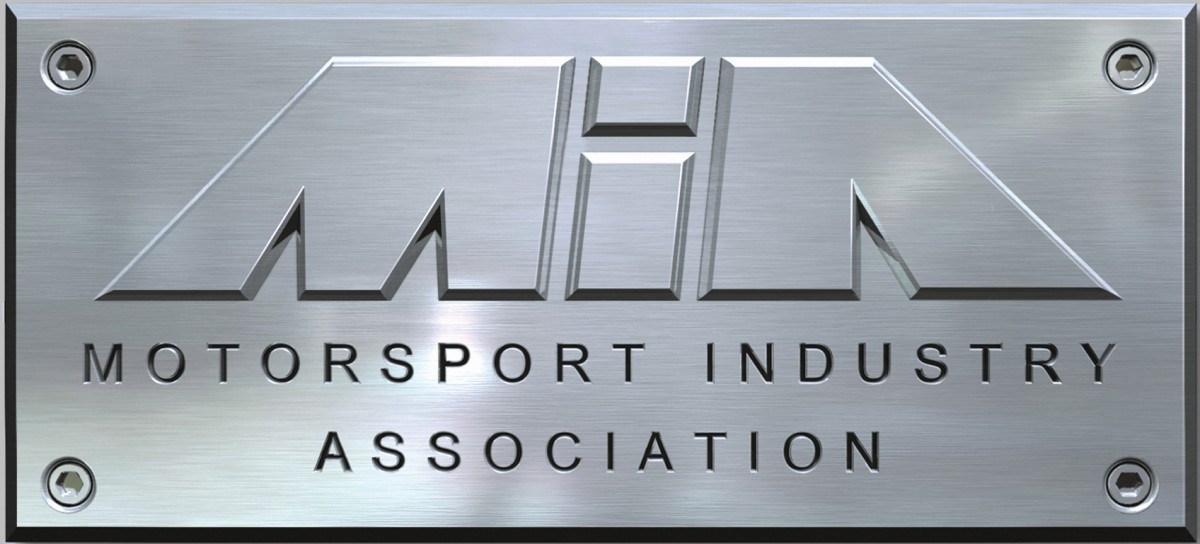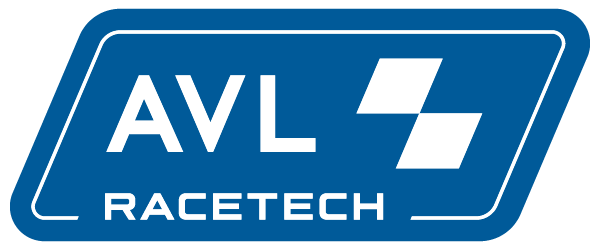Should we all hail the driverless taxi?
Assuming the all-clear had been given on the Boeing 737 Max, would you be comfortable boarding one to take a flight? I bet you in most cases the answer would be no.
Of the nearly 400 planes that are currently flying, two have crashed within five months of each other killing everyone on board. According to the black box data from the doomed Ethiopian Airlines flight,the crash was caused by a faulty sensor that erroneously activated an automated system on the plane, a series of events also suspected in an Indonesian disaster involving the same jet last year. Two planes out of a total of 400 represents a half of one per cent.
General Motors is looking to launch its level 5 robo-taxis this year while Ford is looking to deploy self-driving taxis “in scale” in 2021. According to a report in April last year from ABI, a marketing firm, roughly 8 million vehicles will be shipped that year with self-driving capabilities of level 3 or higher. In Level 3 autonomous driving, the car can monitor its environment, but needs the driver’s attention for safety. In Level 4, drivers can read, sleep or simply watch the landscape as the car drives by, but it is not suitable for every environment it encounters. Level 5 is the full-blown self-driving vehicle in any environment that a human can.
If the same half a per cent of sensor errors as witnessed on the two Boeing 737 Max airplanes, it would mean that there would be 400,000 crashes a year on the roads. This is obviously not going to happen, but it does show that the blind trust put into software as the answer to all solutions is dangerous.
The obvious proving ground to test all new technology, including sensors, software and so on, is on the race track, which is where Roborace and Formula E come into their own. I would like to see boundaries further pushed with Roborace, for example, racing on figure of eight circuits or half the field running clockwise and the other anti-clockwise. In my view, this would really help develop technologies that are more appropriate for the typical urban roadways.
Will it happen? I doubt it, but it should.
William Kimberley is the Editor-In-Chief of RACE TECH




















